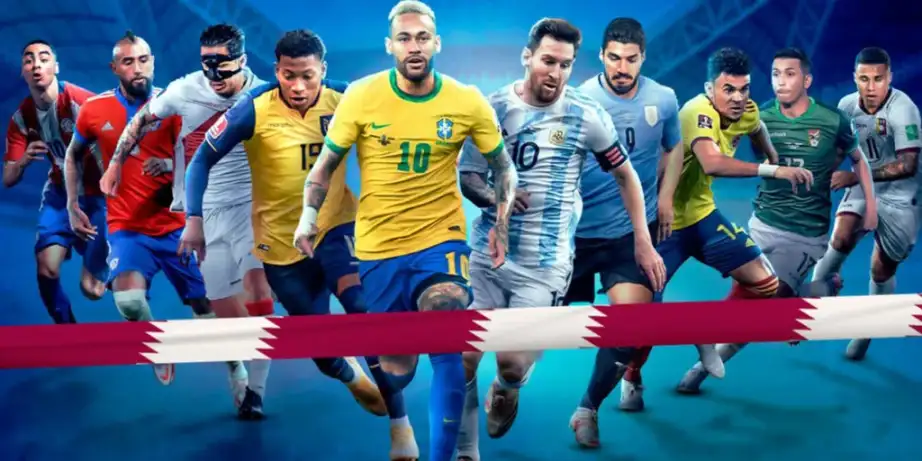Is South American football gradually falling behind the pace of European football?
In recent years, there has been a growing perception that South American football is falling behind the pace of European football. While South American teams, particularly Brazil and Argentina, have historically been dominant forces in international soccer, there are several factors that have contributed to this perceived decline:

Financial disparity: European clubs have significantly more financial resources than their South American counterparts. This wealth enables European clubs to attract and retain top talents from around the world, including South America. As a result, many South American players move to Europe early in their careers, which can impact the overall strength of South American domestic leagues.
Infrastructure and development: European clubs and countries generally have better infrastructure and youth development systems, which contribute to the long-term success of their teams. Improved facilities, coaching, and scouting systems in Europe help to develop and nurture talent more effectively than in South America.
Competition: European football has grown more competitive in recent years, with many countries investing heavily in their domestic leagues and national teams. The UEFA Champions League has become the most prestigious club competition globally, drawing attention and resources away from South American competitions like the Copa Libertadores.
National team performance: While South American teams have experienced success in the past, recent performances in international competitions like the FIFA World Cup and Copa America have not been as dominant as before. European teams have won the last four World Cups, and the gap between the continents appears to be widening.
Despite these challenges, South American football still produces many talented players and has a rich soccer culture. It's essential for the region to address these issues to remain competitive on the global stage and close the gap with European football.